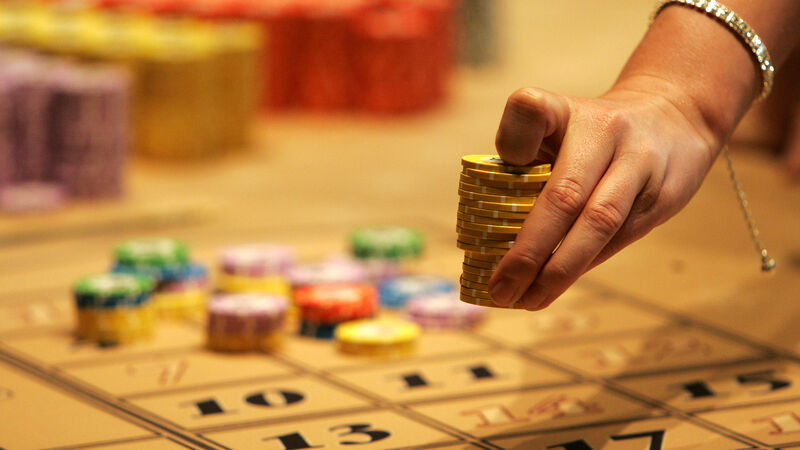Gambling addiction: 125,000 at risk of problem gambling in Ireland

Landmark study suggests that more than one in 10 men who have gambled in the last year are either at-risk or problem gamblers. For men aged 15-24 who have gambled in the last year, this figure rises to almost one in five who are at-risk gamblers or problem gamblers.
There are an estimated 12,000 adults in Ireland who are problem gamblers and a further 125,000 people considered to be “at-risk” gamblers, according to a landmark report published on Wednesday.
Furthermore, the study suggests that more than one in 10 men who have gambled in the last year are either at-risk or problem gamblers. For men aged 15-24 who have gambled in the last year, this figure rises to almost one in five who are at-risk gamblers or problem gamblers.










